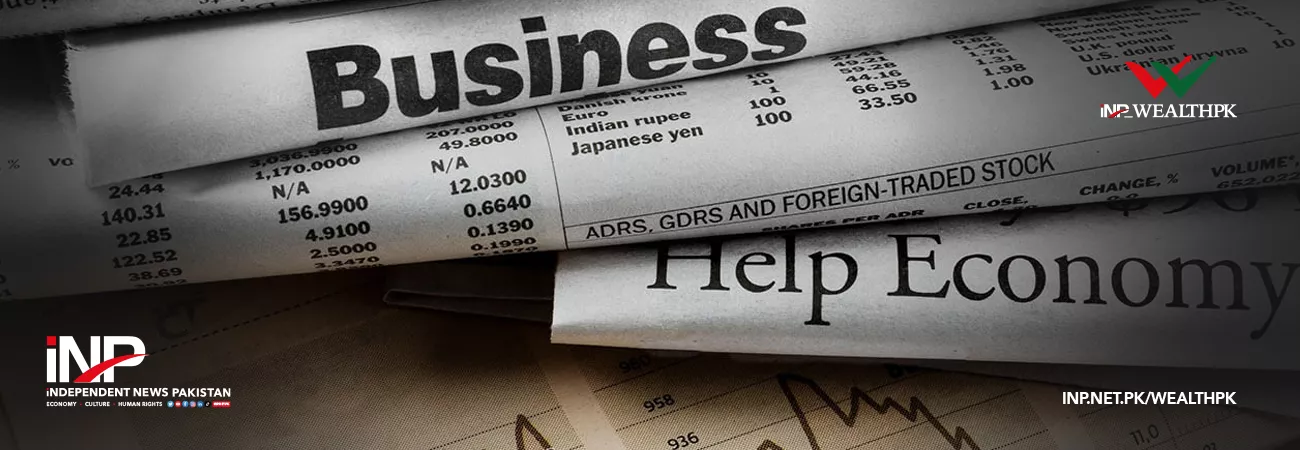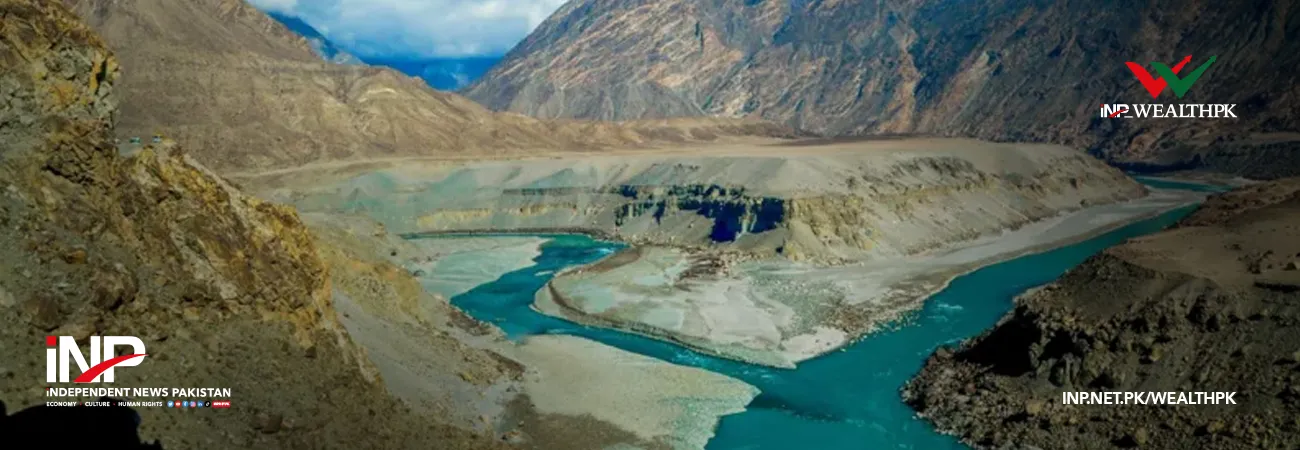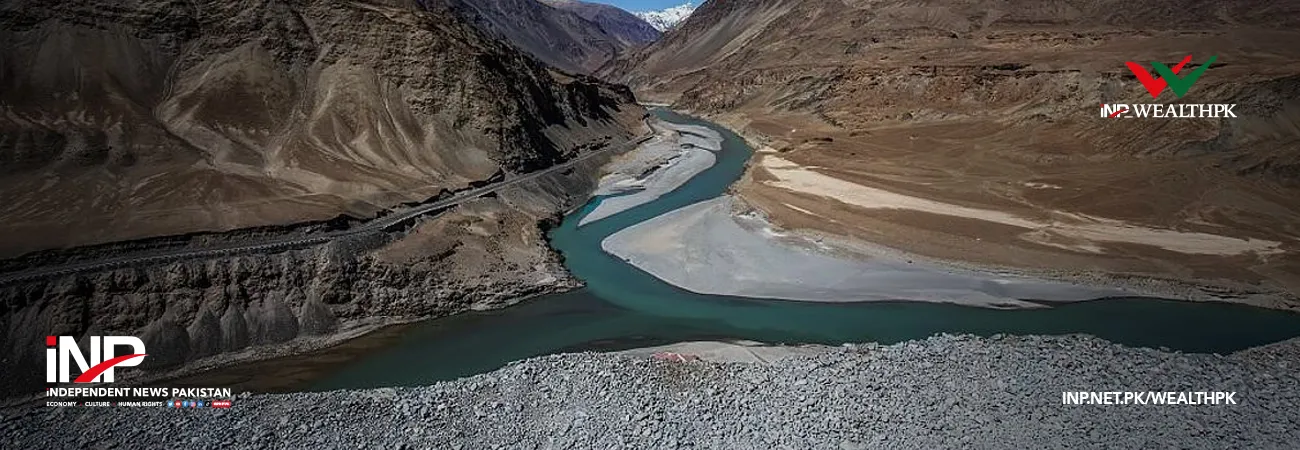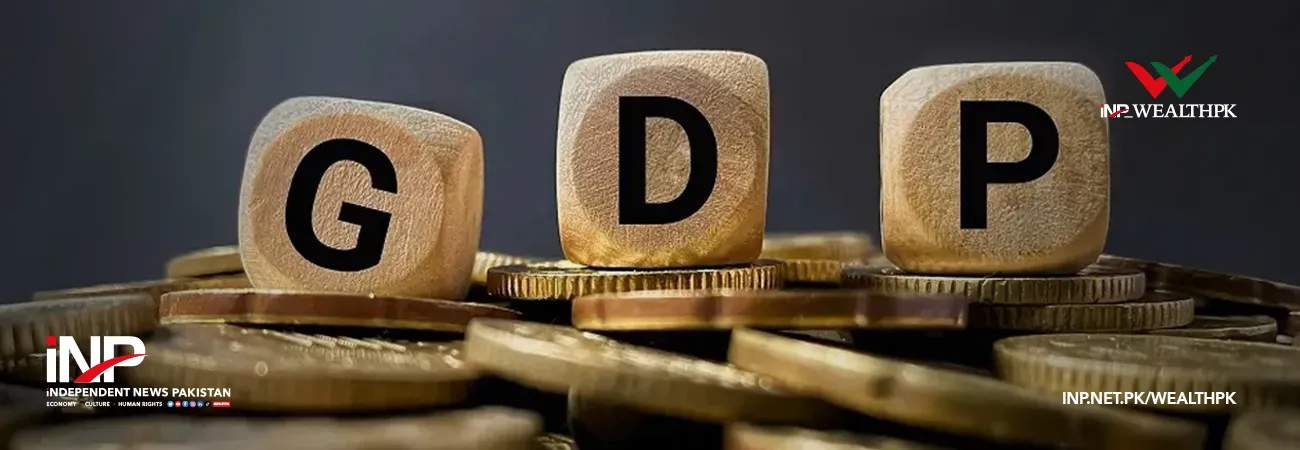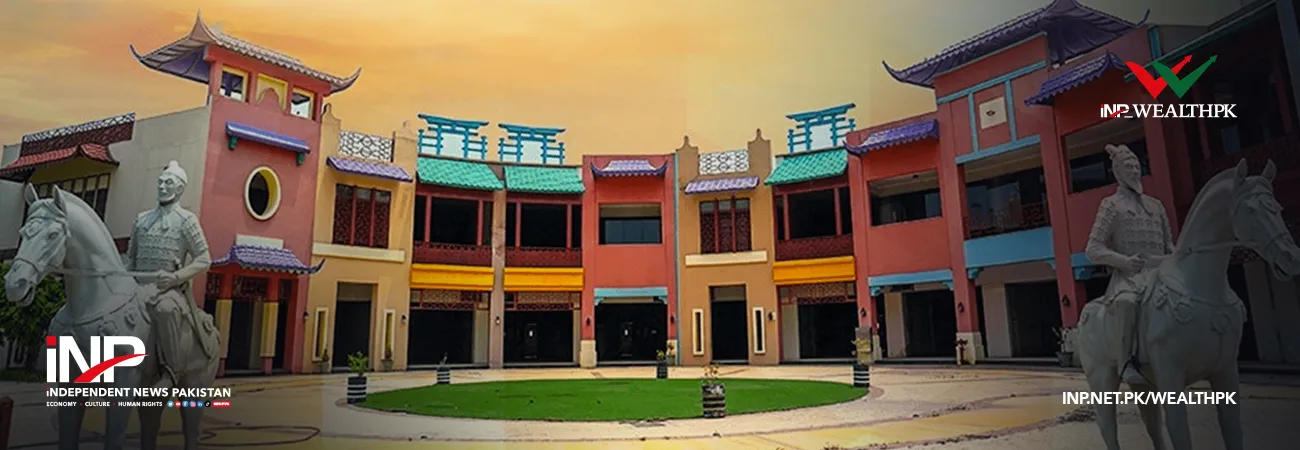INP-WealthPk
Ayesha Mudassar
Inclusive institutions have been the basis for broad-scale socioeconomic development. Irrespective of geographical location, culture, and resources, the countries with such institutions have made significant strides economically, said the PIDE Senior Research Economist Dr. Mahmood Khalid while talking to WealthPK.
“Pakistan’s current economic conditions – decades-high inflation, low growth, debt accumulation, twin deficits, lower human capital, rising unemployment, and poverty – are mainly due to the failure to develop strong institutions to foster economic growth, he added.
Mahmood said there was a need to devise out-of-the-box plans for the aforementioned issues and the only obvious solution is to develop such institutions that boost public access, strengthen the domestic industry, encourage the progress of small businesses, and provide a favourable business environment.
WealthPK has found a strong correlation between robust state institutions and top global competitive countries. High ethical standards, transparency, and an enabling environment have strengthened the public-private sector nexus and encouraged economic activities. Inclusive state institutions protect private property, provide equal opportunity, ensure rule of law, and prioritize public welfare. On the other side, extractive institutions enrich the numerical minority of society and block the incentives and opportunities for the growth of a larger society.
In the book "Why Nations Fail", the authors attributed South Korea's success to the development of inclusive institutions. The incentivized public and private sectors encouraged innovation, investment, and exports – the driving forces for its economic boom. In his book “Guns, Steel and Germs”, Jared Diamond argued that the progress of any nation depends on how its institutions are arranged. Furthermore, he said the major reason behind the growth of the Global North was the early development of strong institutions.
Credit: Independent News Pakistan-WealthPk



